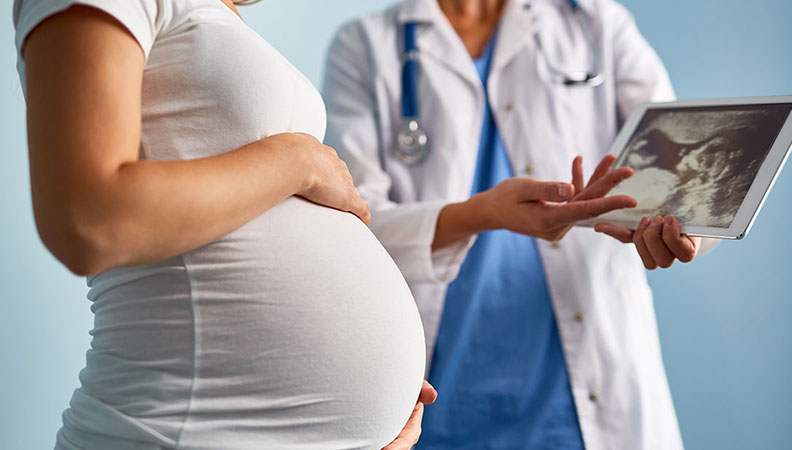What is High Risk Pregnancy?
A high-risk pregnancy is one in which the health of the mother or baby is at increased risk compared to a normal pregnancy. Several factors can contribute to this, including pre-existing health conditions, complications that arise during pregnancy, or issues related to the baby’s development. Common maternal risk factors include chronic conditions such as diabetes, hypertension, heart disease, or obesity. Pregnancies in women over the age of 35 or in very young women (under 17) can also be classified as high risk, as well as those involving multiple fetuses, such as twins or triplets.
Certain pregnancy-related complications can also make the pregnancy high risk. These include preeclampsia, gestational diabetes, placental problems, and preterm labor. In some cases, issues with the baby, such as genetic conditions or developmental abnormalities, may elevate the pregnancy’s risk status.
Management of a high-risk pregnancy requires specialized care. Pregnant women with high-risk conditions are often referred to maternal-fetal medicine specialists, who monitor both mother and baby closely through frequent ultrasounds, blood tests, and other diagnostic procedures. Preventative measures, such as managing pre-existing conditions, maintaining a healthy diet, regular prenatal checkups, and avoiding harmful substances, are essential.
It is important for women experiencing high-risk pregnancies to adhere to their doctor’s advice and attend all scheduled prenatal visits to ensure the best possible outcomes for both themselves and their babies. With proper care and monitoring, many high-risk pregnancies result in the birth of healthy infants. However, these pregnancies require increased vigilance to address any complications promptly.
Causes and Risk Factors of High-Risk Pregnancy
High-risk pregnancies can arise due to a variety of factors, which can be categorized into maternal health conditions, pregnancy-related complications, and lifestyle factors.
Maternal Health ConditionsPre-existing medical conditions such as diabetes, hypertension, or autoimmune diseases can complicate pregnancy. Women with chronic conditions must work closely with their healthcare providers to manage their health during pregnancy.
Advanced maternal age (over 35) increases the risk of conditions like gestational diabetes, preeclampsia, or chromosomal abnormalities, such as Down syndrome. Women under 17 are also at risk of certain complications due to their bodies being less developed for childbearing.
Multiple pregnancies (twins, triplets, or more) are automatically classified as high-risk due to the increased chance of preterm birth, low birth weight, and other complications.
Frequent MonitoringHigh-risk pregnancies often involve more frequent prenatal visits, ultrasounds, and specialized tests to monitor the baby’s growth and development. This may include non-stress tests, biophysical profiles, and Doppler flow studies to check the baby’s heart rate and blood flow.
Emotional and Psychological Support
Dealing with a high-risk pregnancy can be emotionally taxing for the expectant mother and her family. Anxiety, fear, and stress are common feelings. It is important to seek support from healthcare professionals, family, or counseling services to cope with the emotional challenges of a high-risk pregnancy.

